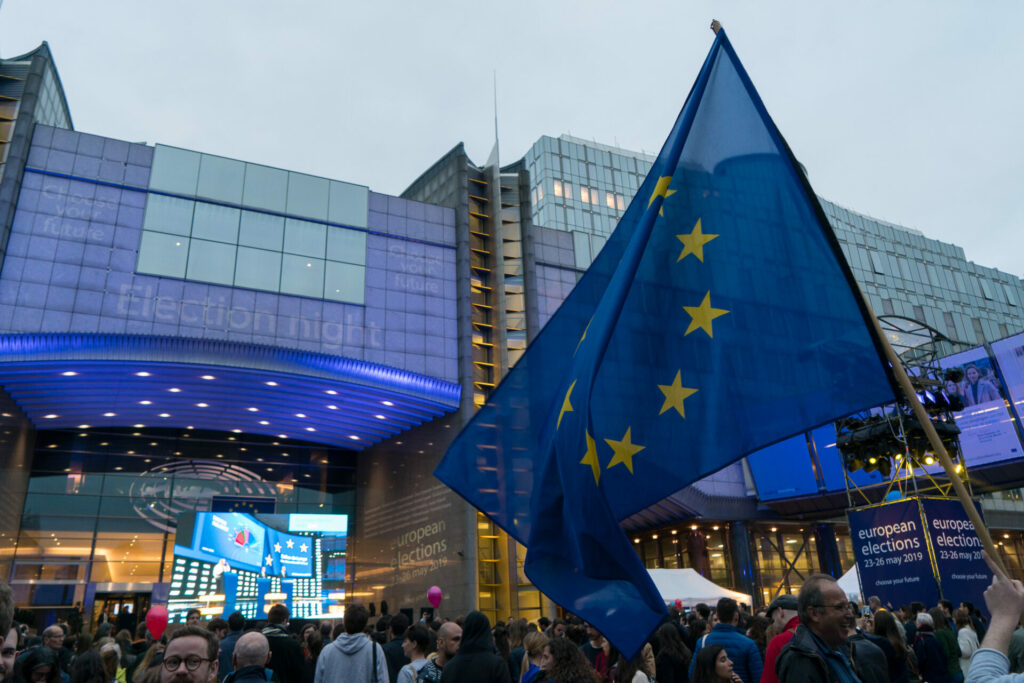The European Parliament has voted on a de facto ban on micro-targeting in political advertising, a strategy that identifies the interests of specific individuals and is making it easier to recognise a political advertisement and who paid for it.
In September last year, it was announced that EU institutions were working on legislation to crack down on online political advertising and its effects on elections ahead of the EP elections in 2024 due to its power to influence political debates and ultimately win voters. On Tuesday, MEPs adopted numerous changes to political advertising rules.
"Our challenge is to fight more effectively against all forms of disinformation and external interference in our democratic processes, while preserving the openness that characterises the European public debate," Renew Europe MEP Sandro Gozi said.
"Once in force, we hope by 2023, elections in the EU will be more transparent and resistant to manipulation as witnessed in the Cambridge Analytica scandal."
The ban specifically targets a behavioural marketing technique of which its power was highlighted by the Cambridge Analytica scandal, the British company that collected the data of 87 million Facebook users to conduct a disinformation campaign so powerful that it lead to both Brexit and the election of Donald Trump.
The decision also comes ahead of the Belgian elections in May 2024. The country, too, has not been able to avoid the effects of political advertising, as the far-right Vlaams Belang party, which targetted mostly young, male voters on Facebook and other social media platforms in the 2019 election, resulting in the party winning 18.5% of votes, a 12.6 point increase from its record in 2014.
Additional rules
A previous proposal, made in November 2021, noted that all political advertising should be clearly labelled as such and should include information about the person paying and the amount, and to be transparent about which groups of individuals were targeted. However, it was deemed insufficient, with MEPs demanding several additional constraints.
The approved draft law includes "considerable changes" to this proposal. It prohibits sensitive personal data, such as ethnic origin, religious beliefs or sexual orientation, from being used for targeted political advertising, while rules will be further tightened during a 60-day period before an election or referendum. It also makes EU elections more resistant to non-EU interference.
Related News
- Belgian political parties spent €5 million on Facebook advertising in 2022
- Twitter reverses political advertising ban in search for revenue
It will also see a blanket ban on the use of data of minors and the creation of an online repository including information on who funds the advertisement, how much was paid and where the funding came from to make this information available to citizens, authorities and journalists.
Finally, MEPs introduce the possibility of penalties to be imposed for a repeated violation. In the case of serious and systemic infringements, large advertisement service providers could be obliged to temporarily suspend their services with a particular client. "The Commission is empowered to introduce EU-wide minimum sanctions," MEPs noted.

